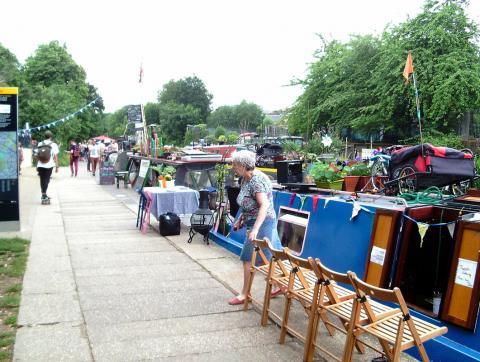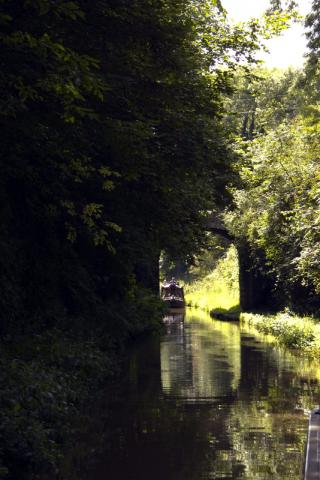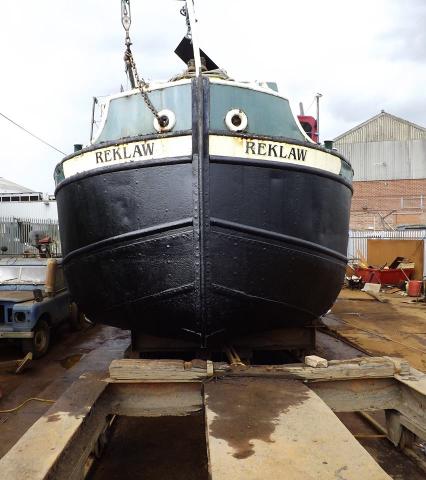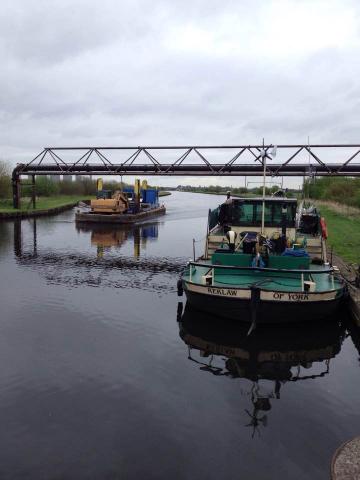C&RT license hike plans alienate all sides
March 2018 - It seems that Canal & River Trust has managed to upset both friends and foes with it chaotic licensing review and selective use of the confused findings – just as many boaters predicted when it was first announced. Peter Underwood reports.
Having sacked its consultants after the first two phases of the review, when it was clear it wasn't getting the answers it wanted, and hiring yet another expensive consultancy at a cost yet to be disclosed, it seems C&RT has managed to impose changes on boat licensing that annoy almost everyone – and renege on the promises that the result would be both 'fairer' and 'cost-neutral.'
The Inland Waterways Association, long advocates of punishing those without a home mooring, was quick to announce that it: “.. regrets that Canal & River Trust has failed to take the opportunity to produce a modern licensing system that addresses the problems it inherited on its creation in 2012.”
IWA was miffed that – as it sees boating life – C&RT “...missed opportunity to solve some of the issues caused by the current licensing system, and in particular the effect of the continuous cruising option introduced by the British Waterways Act 1995 as an alternative to having a home mooring.”
It also questions the cost: “After spending a significant amount of resource on a major review and consultation, it is disappointing that so little has come of it.”
According to the IWA, the review does nothing to address two of it’s key concerns; the increasing use of widebeam boats on what it calls 'inappropriate waterways' to the detriment of other waterways users, and ensuring that boaters without a home mooring cruise an 'appropriate distance', 300 miles in the IWA's estimation.
It also doesn't like the fact that many boaters will face a significant increase in their licence fees within two years as a result of the changes to the prompt payment discount
From what has become the foremost supporter of continuous cruisers, the National Bargee Travellers Association there was a welcome for the decision not to increase licence fees for boats without a home mooring.
However, it firmly opposes the fee increases for widebeams and the reductions in the prompt payment discount.
In a statement it says: “The NBTA will do all it can to defend the boaters affected by these increases, which will result in more boat dwellers struggling to pay the licence fee, more boats becoming unlicensed and more people losing their homes.”
It also condemns the threat made by CRT in its consultation report that “a further review will be undertaken to establish how the significant growth in demand from boats without a home mooring in key locations can be addressed, to fairly reflect the benefit experienced by those boaters without a home mooring in London and other highly popular locations”.
NBTA describes this as: “...an unfair and discriminatory attack on Bargee Travellers.” It siuggests paraellels with legal advice that led to the charity abandoning the Roving Mooring Permit scheme in 2014, and says applying different conditions to boats without a home mooring in specific areas would fall foul of the same advice: that if a service or benefit is not available to boaters throughout the CRT waterways, or if the service or benefit is denied to boaters in specific areas, the scheme is unlawful.
The NBTA asserts: “There is no statutory basis for CRT to introduce differential pricing between boats with and without a home mooring, or for boats used in ‘popular’ waterway areas.
Even historic boat owners are questioning the C&RT decision with those restoring historic wide beam boats suggesting it will make their lives much more difficult.
Jess Fussey, the owner of registered historic barge based on the Aire and Calder Canal, has been rallying historic wide beam boat owners against the increased fees which, he says, will affect the owners of the last ex-commercial barges still in the area they were built to operate.
Jess says: “Canal & River Trust are a charity who's mission statement claims to protect the history and heritage of the waterways, yet, unfortunately, increasing the huge costs of keeping these last vessels running maybe the final nail in the coffin for the last of these wonderful vessels.”
Photos: (1st) Wide and narrow boaters rally together for the NBTA in London, (2nd) Hundreds of miles of narrow canals cannot be used by wider boats, (3rd) Wide boats, even historic ones will cost more to keep going, (4th) In the north wide barges were built for those canals, (5th) Jess Fussey - protesting.










